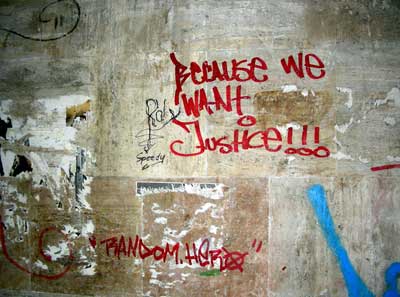The body of international laws on juvenile justice is sometimes challenged in certain countries, which apply zero-tolerance policies. Thus, children suffer from the harshest penalties.

Following a conference the 27th -28th of June 2013, a report on “Juvenile Justice in the CEE/CIS: Progress, challenges, obstacles, and opportunities” shows that progress has been made in Central and Eastern Europe/Commonwealth of Independent States by, for example, a decline in the number of imprisoned children.
However, the report also highlights instances of abuse, even torture. A child that commits an infraction will often call for help. This is why the implementation of international standards of the juvenile justice system is needed in all countries.
Judicial systems must be aware of the particular circumstances when dealing with children. Yoka Brandt, Deputy Executive Director of UNICEF, explained :
“Progress has been made, but the system does not consider the needs of children. The judicial system must adapt to meet the rights of all children.”
The conference brought together close to one hundred ministers of justice, mediators, members of civil society, and international organizations, including the European Union. These participants especially condemned lengthy detainments in some countries (up to 72 hours). This often risks increased abuse.
The result of three years work, this report shows that many children are interrogated without the presence of lawyers, and that they don’t receive proper medical care.
In addition, children are often arrested for crimes that only illustrate their distressing social situation and the extreme poverty in which they find themselves (possession of drugs, possession of alcohol, truancy, and even child prostitution). Incarceration is an overused, repressive measure, which worsens these children’s situation.

